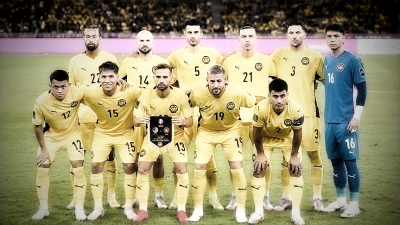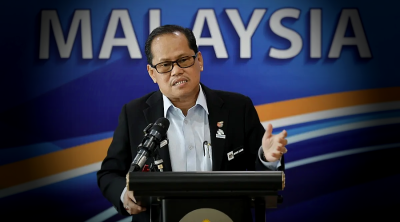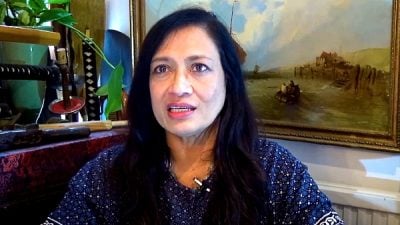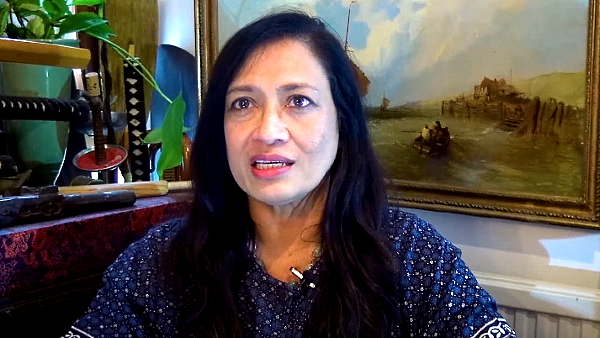
If we want to foster understanding between people of different faiths and cultures, we must interact and learn from one another.
Malaysia already has a head start. We are a multicultural country, but sometimes it appears that our religious authorities and certain conservative elements want to deny us this harmony.
For the past fifty years, it sometimes feel like we have taken several steps backwards.
On 3 February, the Johor Islamic Religious Council (MAINJ) issued a fatwa prohibiting Muslims from attending and participating in religious rituals of other faiths in the state.
Is Johor trying its best to be Malaysia’s foremost nanny-state? Malaysians, including Muslims are weary of being treated like little children. It is arrogant and condescending of MAINJ officials to suggest that Muslims need to be told what to do, and be shown what is good for them.
Does this fatwa apply to Johor Muslims only?
In 2011, a former mufti of Perak issued a fatwa to ban the poco-poco dance. He claimed that the dance routine bore the sign of the cross and contained elements of Christianity and spirit worshiping.
Many Malays ignored him. Many fatwas appear to be ridiculous. This fatwa was only applicable and enforceable in Perak.
If it was considered dangerous to Muslims, why wasn’t there a nationwide ban?
Our state religious officials look extremely foolish and appear to issue fatwas like confetti at a wedding.
Do Muslims need a fatwa to regulate their behavior?
The hidden message by MAINJ is that the faith of Johoreans is so fragile that attending a celebration or festival will make them question their own religion.
Besides that, the fatwa is divisive. It does not promote unity. The Malays who are not well versed in their religion will feel more insecure.
The other hidden message is that non-Malays are untrustworthy and Muslims invited to a non-Islamic event can be persuaded to change religion.
The end result is that some Malays become more insecure while many non-Malays will feel that all their efforts to promote friendship and better community ties are shunned.
Some of the country’s religious bodies are in the habit of issuing fatwas which lack clarity.
The end result is a lot of confusion and mixed messages.
In addition, the agency issuing the fatwa risks being branded as a “Celebration Spoilsports” or a “Festival Killjoy.”
If one’s faith is strong, then no one and no celebration can shake one’s faith.
MAINJ’s fatwa banned Muslims from taking part in the religious rituals of other faiths; but the Sultan of Johor then said it was alright to attend the celebrations. The fatwa was only a guideline.
The religious council may be reluctant to admonish the ruler, but it is a different matter for the Sultan’s subjects.
The ordinary man may be in for several hours of serious interrogation by the religious authorities. The latest fatwa lacks clarity.
To add to the confusion, the general secretary of the Council of Churches Malaysia (CCM), Reverend Jonathan Jesudas said non-Muslims should be careful when they invite their Muslim colleagues or friends to their festivities or celebrations because Muslims are subject to syariah laws.
On 5 February, Jesudas said, “The clarity provided by the Johor Islamic religious affairs committee is welcome and will definitely promote greater harmony and interaction among the various religious communities in Malaysia.”
Is the reverend confused? There is no clarity at all. Perhaps he could enlighten us and explain which religious rituals MAINJ had in mind.
What is MAINJ’s definition of the religious ritual? They should give specific examples to illustrate what they mean by “religious ritual.”
If a Muslim lights a candle in the church when he is invited to attend the memorial service of his late friend, will he be contravening the terms of the latest fatwa?
If he bows his head in respectful silence while the others are praying, is that allowed? Or should he stand outside the church?
In 2010, do you recall how paranoid government officials told the Archbishop of KL to remove all crucifixes from the Church Hall when the convicted felon Najib Abdul Razak had tea with Murphy Pakiam? Hymns were also banned in Najib’s presence.
In last week’s Thaipusam celebrations, will Malays who wear yellow be seen as going against the fatwa? Yellow is Lord Murugan’s favorite color, and it signifies a new beginning, peace and happiness.
If a Muslim enjoys singing and joins his friends in Christmas caroling, is he defying MAINJ?
Some people may confuse culture with religion and they may consider the giving of ang pows in Chinese New Year as part of a ritual. Perhaps, no Malay should receive any ang pows in future.
If MAINJ places great emphasis on religious and cultural sensitivities, why do so few Malays respect the dietary requirements of Hindus and Buddhists, especially at official functions?
Muslim sensitivities are strictly observed, but those of other cultures are dismissed.
The state religious authorities appear to create unnecessary controversial fatwas to dampen the spirit of togetherness, each time we have a non-Muslim festival like Christmas, Chinese New Year, Thaipusam, Ponggal, Valentine’s Day, Deepavali and Easter.
Are these controversies made to justify the religious officials’ high pay?
I have entered Buddhist and Hindu temples, churches, synagogues and pagan sacred sites. I have dressed in cheongsams, saris, lit joss sticks or candles, rung bells, and cleared grave sites for various friends.
I have also participated in services and memorial gatherings in various houses of worship to offer prayers and to celebrate the life of departed friends and work colleagues.
I remain a Muslim despite taking part in all these rituals.
If one’s faith is strong, then no one and no celebration can shake one’s faith.
Source:
- Free Malaysia Today: Johor fatwa prohibits Muslims from joining in ‘rituals of other faiths’
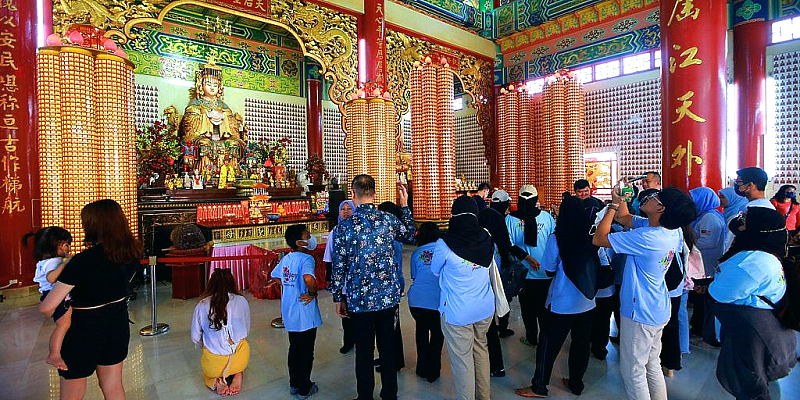
(Mariam Mokhtar is a Freelance Writer.)
ADVERTISEMENT
ADVERTISEMENT






